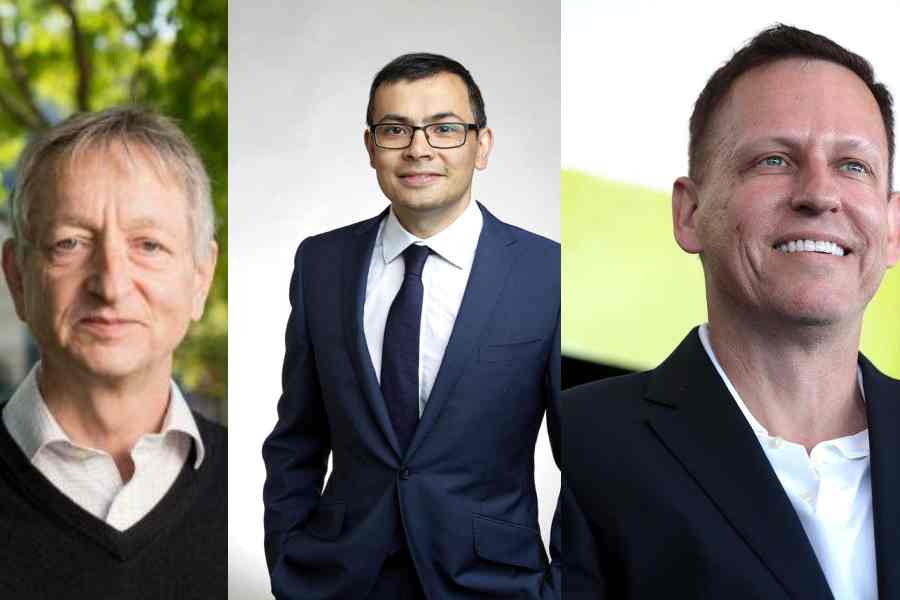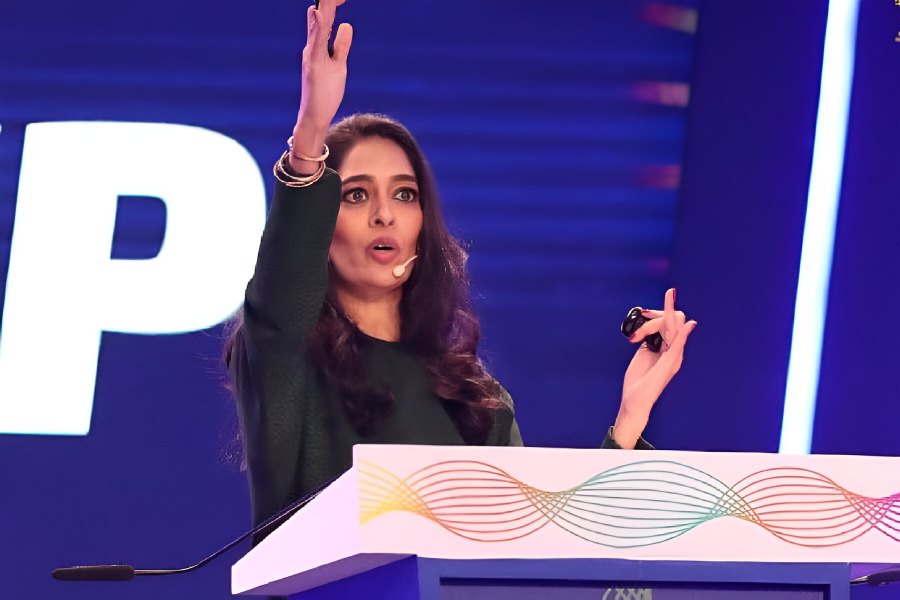While AI has taken the limelight the past year, technology that can appear to operate like human brains has been top of mind for researchers, investors and tech executives for over a decade. Here are some of them.
Sam Altman: He is CEO of OpenAI, the San Francisco AI lab that made the chatbot ChatGPT, which ushered in recognition of the power of generative AI. Altman helped start OpenAI after meeting with Elon Musk in 2015. At the time, Altman ran Y Combinator, a Silicon Valley startup incubator.
Dario Amodei: A former researcher at Google, Amodei helped set OpenAI’s research direction but left in 2021 after falling out. That year, he founded Anthropic, dedicated to creating safe AI systems.
Bill Gates: Gates was long skeptical of how powerful AI could become. Then in August 2022, he was given a demonstration of OpenAI’s GPT-4, after which he became an AI convert. His endorsement helped Microsoft move aggressively to capitalise on generative AI.
Demis Hassabis: Hassabis is a founder of DeepMind. He secured financial backing to create DeepMind from investor Peter Thiel and built a lab that produced AlphaGo, an AI software that shocked the world in 2016 when it beat the world’s best player on the board game Go. (Hassabis was an award-winning chess player as a teenager.) Google bought DeepMind in 2014, and Hassabis is one of the top AI executives.
Geoffrey Hinton: A professor at the University of Toronto, Canada, Hinton and two of his students were responsible for neural networks, a key tech. Neural networks captivated the industry. Google paid Hinton and crew $44 million in 2012 to bring them on, beating out Microsoft and Baidu.
Reid Hoffman: Hoffman, a former PayPal executive who founded LinkedIn and became a venture capitalist, was — alongside Musk and Thiel — part of a group that invested $1 billion in OpenAI.
Elon Musk: Musk helped establish OpenAI in 2015. He has long been concerned about AI’s potential dangers. At the time, he sought to position OpenAI as a more ethical counterweight to other tech companies. Musk left OpenAI in 2018 after disagreements with Altman.
Satya Nadella: Nadella, CEO of Microsoft, spearheaded the company’s investments in OpenAI in 2019 and this year, committing $13 billion to the startup over that period. Microsoft has since gone whole hog on AI.
Larry Page: Page, who founded Google with Sergey Brin, has long been a proponent of AI. He pushed for Google’s acquisition of DeepMind in 2014. Page has a more optimistic view of AI than others, saying robots and humans will live harmoniously one day.
Peter Thiel: Thiel, a PayPal executive -turned-venture capitalist who made much of his fortune from an early investment in Facebook, was a key investor in early AI labs. He poured money into DeepMind and, later, OpenAI.
Eliezer Yudkowsky: Yudkowsky, an Internet philosopher and self-taught AI researcher, helped seed much of the philosophical thinking around the technology. He was a leader in a community who called themselves Rationalists or, in later years, effective altruists, and who believed in the power of AI but also worried the technology could destroy people. Yudkowsky hosted an annual conference (funded by Thiel) on AI, where Hassabis met Thiel and secured his backing for DeepMind.
Mark Zuckerberg: Zuckerberghas pushed for AI for at least a decade. Recognising the power of the technology, he tried to buy DeepMind, before Google made the winning bid.
NYTNS











